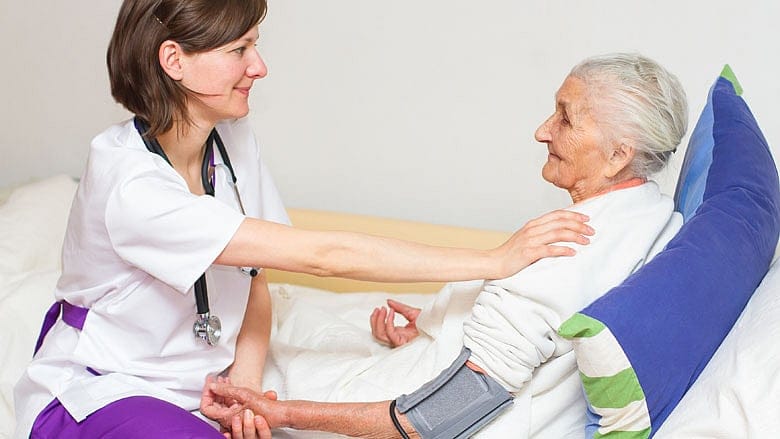What Boston is doing to slow the alarming rise of elder abuse

Today, June 15, is World Elder Abuse Awareness Day. It is an uncomfortable and tragic reality that is unfortunately on the rise. The U.S. Administration on Aging estimates that as many as 1 in 10 older Americans are abused or neglected each year. Last year alone, a staggering 24,978 elder abuse reports were received in Massachusetts, along with 7,117 newly confirmed allegations of mistreatment — a 37 percent and 57 percent increase respectively since 2011. Alice Bonner, Secretary of the MA Executive Office of Elderly Affairs (EOEA), oversees the agency dedicated to alleviating the problem, and has helpful suggestions on how to assist this vulnerable segment of the population.
Bonner's department encompasses a statewide system that receives and investigates elder abuse reports. It also provides necessary protective services to thousands of victims. Elder Affairs is sub-divided into 20 designated Protective Services agencies throughout the state. Each of the regional offices manages local reports of abuse and neglect.

